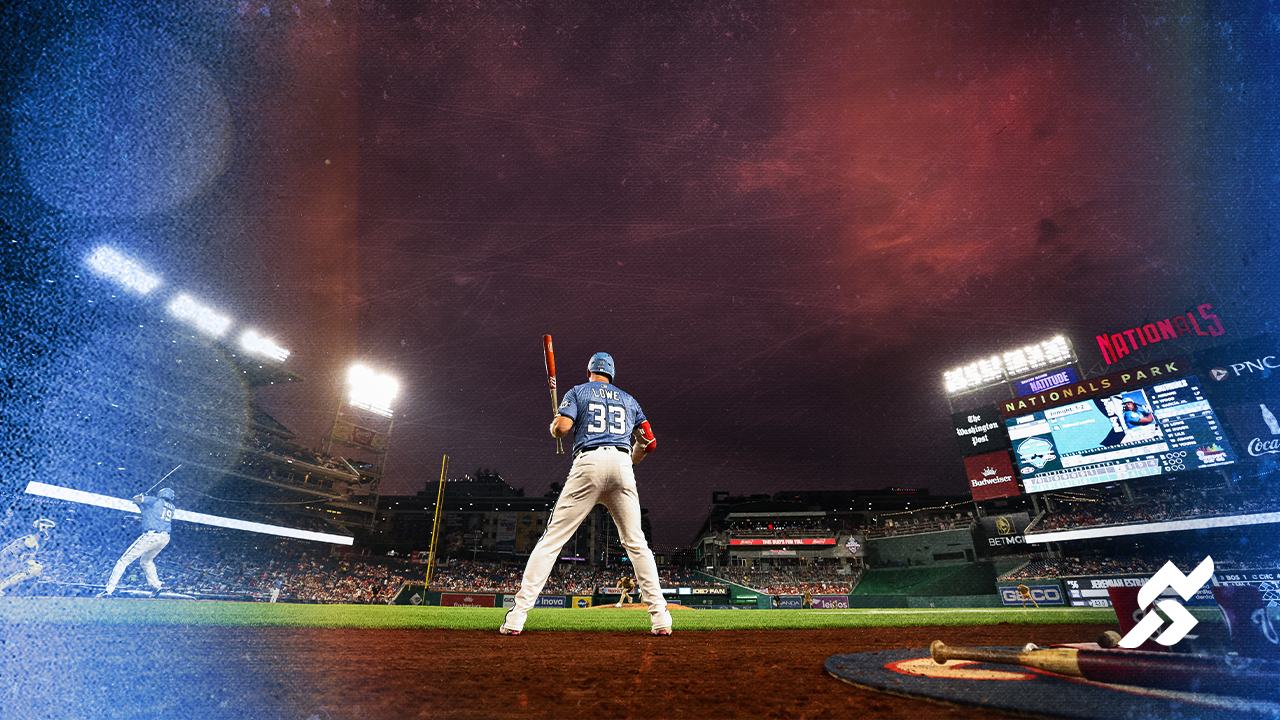
The Washington Nationals last Friday were sued in D.C.’s federal district court over alleged use of “junk fees” in the sale of tickets to games.
Washington, D.C., resident Jaymie Gustafson says that on May 1, 2023, she went to buy tickets to a game at Nationals Park and was quoted prices consistent with advertised prices. But when she looked at her credit card statement, she realized she had been “charged a higher amount.” Gustafson asserts she wasn’t informed of mandatory fees in excess of the ticket price.
Through attorneys Hassan A. Zavareei and Peter Silva II of Tycko & Zavareei, Gustafson’s complaint says she wants her lawsuit to be certified as a class action on behalf of people who bought Nationals tickets from the team, or through the MLB Ballpark App or MLB.com, prior to July 16, 2024, and who paid “a service fee, handling and convenience fee, ticket processing fee, order processing fee, and/or other similar fee.”
The complaint argues that, like other sports and entertainment companies that sell tickets to live events, the Nationals used so-called “junk fees practices” to “trick consumers” into paying more to attend an event. Junk fees are generally described as hidden or surprise fees that are only revealed at the end of transactions, and after the point when someone has already made the decision to buy.
The complaint cites a study finding that the live event industry earned around $7.14 billion in revenue from junk fees in 2023. Gustafson asserts that the Nationals stopped using junk fees in July 2024 but “have not refunded their fans the millions of dollars in junk fees that they have been charged.”
As Gustafson tells it, the Nationals adopted two types of junk fees practices. One is called “drip pricing,” which refers to revealing a cost late in the decision-making process and “after consumers have already expended time and effort” in deciding what to buy. The other is “partitioned pricing,” which refers to excluding part of the cost from what is depicted as the “total price.” A shipping and handling fee is sometimes described as partitioned pricing since it is separate from the total cost.
The overarching concern: When consumers expend effort and time to get to the end of a transaction, they’re less likely to unwind the process when presented with a tack-on cost. Likewise, when costs are partitioned, consumers are allegedly “unable to make effective price comparisons between goods and services leading to distortions in the market.”
The Nationals are portrayed as engaging in problematic practices through using a color-coded seat map for ticket prices. Although some tickets were listed as costing $13, Gustafson insists the actual price at checkout was about 60% higher, $20.75. The higher price reflected a $3.75 ticket processing fee and a $4.00 order processing fee. Gustafson contends the Nationals “lure” in consumers with cheaper, advertised price and then trick fans “out of their hard-earned money.”
The complaint also contends that ticket prices’ actual costs were not prominently displayed in the Nationals’ box office. That alleged lack of visibility is depicted as problematic since consumers “invest” time going to the box office and waiting in line. The Nationals’ website also, allegedly, didn’t adequately reveal actual prices.
Gustafson maintains the Nationals are liable under the Consumer Protection Procedures Act of Washington D.C. The act provides consumers with a right “to truthful information from merchants” about prices. The alleged use of junk fees in the sale of tickets is portrayed as denying consumers truthful information. If the case is eventually certified as a class action and proves successful, each class member would be provided three times actual damages or a statutory damages provision of $1,500.
The Nationals declined a request for comment. Attorneys for the team will answer the complaint, deny wrongdoing and seek the lawsuit’s dismissal. Expect the Nationals to dispute the characterization of their ticket sales as relying on junk fees. The team could also argue that fans who bought tickets were not prevented from seeing any information and ultimately could have declined to make a purchase.
Junk ticket prices have been the subject of recent federal action. In May, a new Federal Trade Commission rule that generally prohibits the use of junk fees in sale of live-event tickets went into effect. Sellers of those tickets can’t offer, display or advertise “any price of a covered good or service without clearly and conspicuously disclosing the total price.”
The FTC underscored that consumers are more likely to make errors “when the true price is not displayed upfront” and when they’re led into underestimating the total price they’ll end up paying.

